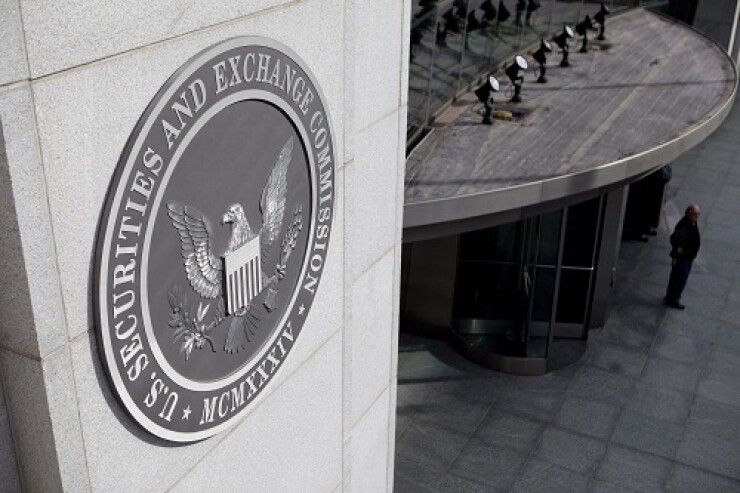WASHINGTON – When advisers offer investment recommendations, they are duty-bound to act in their clients' best interests. Yet the SEC often fails to consider the potential impact on investors as it makes policy decisions, a commission official argues.
As a result, the agency should more rigorously examine its rulemaking proceedings, Rick Fleming, the commission's investor advocate, says in remarks at the annual SEC Speaks conference.
"The commission should take more proactive steps to understand the needs of investors," Fleming says. "[D]espite our best intentions, I do believe there are some flaws in our methods for determining what's in the best interest for investors."

Fleming would like to see the SEC elevate the role of the Investor Advisory Committee, a product of the Dodd-Frank Act created to inform the commission on the impact of its policy proposals.
Fleming describes that group's membership as "a diverse group of experienced and knowledgeable investors who bring different perspectives." It includes several industry officials, as well as investor advocates such as
"I do believe there are some flaws in our methods for determining what's in the best interest for investors."
In part, the problem stems from how much influence the financial services industry wields in commission rulemakings. With the exception of advocacy groups like Roper's, the parties that weigh in on proposed rules with written comments or lobbying efforts are typically the firms that would be affected by the resulting regulations. Fleming sees this as a completely logical situation that nonetheless overshadows the individual investors that the commission seeks to protect.
"Generally speaking, that process starts with a roomful of securities lawyers," Fleming says, a cohort that is "not necessarily representative of the average investor."
Then, as the commission goes about conducting a cost-benefit analysis in its rulemaking process, it tends to place greater emphasis on the burdens the regulation would impose on registrants, than on the potential upside for investors.
EFFECTIVENESS OF DISCLOSURES
In addition to furthering engagement with the Investor Advisory Committee, Fleming says he would like to see the commission conduct more direct investor outreach, and to undertake more research on behavior that could inform policy making. To that end, the advisory committee is planning to host a panel discussion on investor research at its next meeting, scheduled March 9.
"This type of research has the potential to transform the way the SEC approaches rulemaking, and in turn, to enhance the overall effectiveness of regulation."





